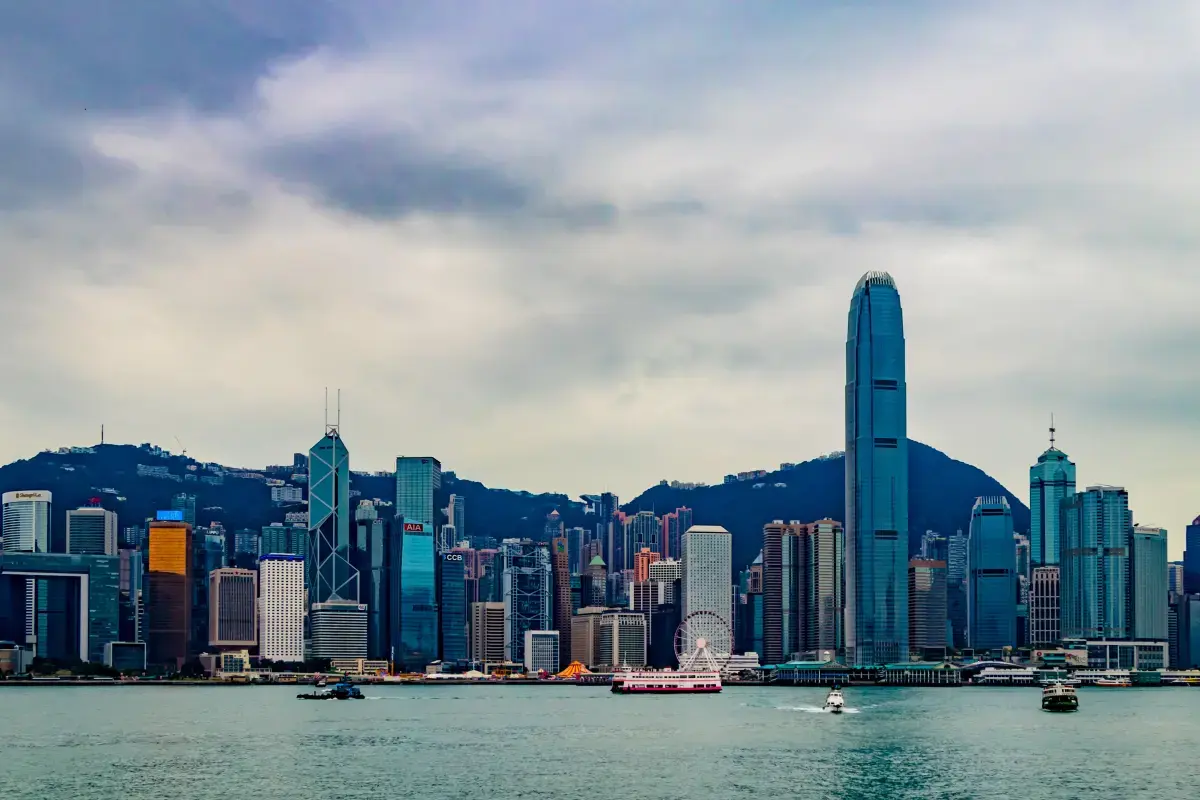- Anesthesiologist
- Obstetrician and Gynecologist
- Psychiatrists
- Surgeons
- General Internal Medicine
- Physicians
- Ophthalmologists
- Orthodontist
- Product Manager
- Artificial Intelligence & Machine Learning (AI/ML) Engineer
- Full-Stack Developer
- Cloud Architect
- DevOps Engineer
- Blockchain Engineer
- Software Architect
- Big Data Engineer
- Internet of Things (IoT) Solutions Architect
- Data Scientist
- Cyber Security Architect

Moving to Hong Kong in 2025
Step by step guide on migrating and relocating to Hong Kong in 2025?
Use our Guide to find all the moving information you may need if you are thinking of moving or working in Hong Kong.
People relocate and move to Hong Kong for many different and varied reasons. One of the main reasons may be due to employment opportunities. Hong Kong has a famously strong economy, with one of the highest per capita income levels in the world. Its employment rate is very high, meaning that there are plenty of highly paid jobs available, especially in fields such as finance and business. Additionally, there are plenty of international opportunities, due to its close proximity to other countries and cities, including mainland China and Macau. Besides, Hong Kong is internationally regarded as a safe city, with a low crime rate and tight security. This means that it is an ideal place to live and raise a family, as the streets are very safe and secure. Another key reason why people relocate to Hong Kong is the low tax rate. Hong Kong has some of the lowest income and corporate taxes in the world, which makes it an attractive business destination and allows individuals to have higher disposable incomes. Moreover, Hong Kongs land prices are some of the highest in the world, but these prices are by no means prohibitive for people who are employed and can afford to rent or buy a property. The city also has one of the best and most efficient public transportation networks in the world, making it incredibly convenient to get from one place to another. Lastly, Hong Kong offers an incredibly vibrant lifestyle and an incredibly diverse culture which is represented in its food, shopping, sightseeing, and entertainment. It also has a lively nightlife for people who want to explore after dark. There is something for everyone in Hong Kong, and its multi-cultural atmosphere is one of its charms.
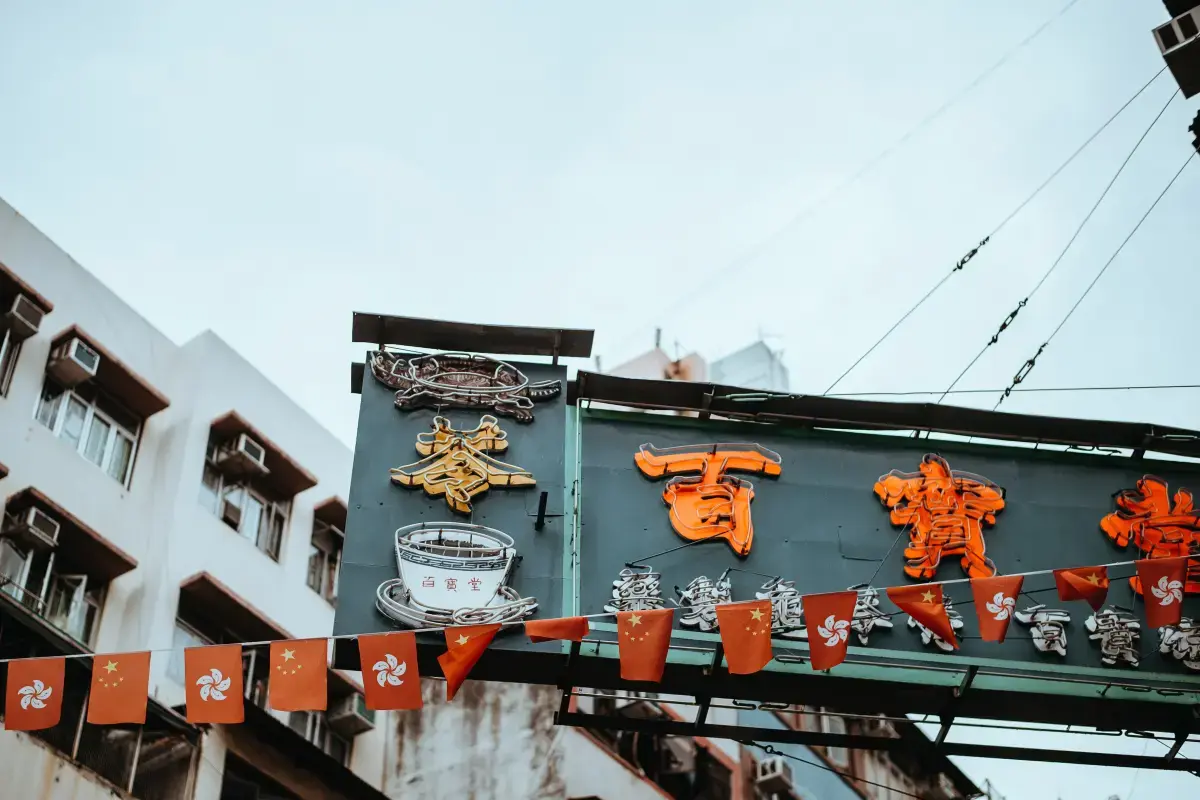
Gigs
Cost of Moving to Hong Kong
1. Expenses associated with travel: Moving to Hong Kong typically requires travel expenses such as purchasing a plane ticket to Hong Kong, visa fees, and travel insurance. 2. Expenses associated with your belongings: Moving physical items into Hong Kong involves shipping, customs clearance, storage fees, and transportation fees. It is also important to consider any additional costs associated with the type of items you are shipping. 3. Accommodation expenses: After arriving to Hong Kong, you will need to find a place to live and furniture to furnish it. This can involve rent and/or a deposit, as well as additional costs such as real estate agent fees, furnishings, and domestic appliances, such as a fridge or washing machine. 4. Utilities setup fees: Setting up services such as water, electricity and Internet can be expensive, as you will often be required to pay a one-off activation fee. 5. Food costs: Fresh produce, such as fruits and vegetables, tend to be more expensive in Hong Kong compared to other countries, so it is important to factor this into your budget. 6. Healthcare costs: Medical care in Hong Kong can be expensive, so it is important to explore health insurance options as soon as possible. 7. Transportation costs: Taxis are commonly used in Hong Kong, as are buses and minibuses. You will also have the option of purchasing an Octopus travel card, which is valid on various types of public transport. 8. Miscellaneous costs: Other costs associated with moving to Hong Kong include items such as clothing, toiletries, and other essentials. There may also be additional costs associated with the type of lifestyle you plan on having, such as entertainment and leisure activities.
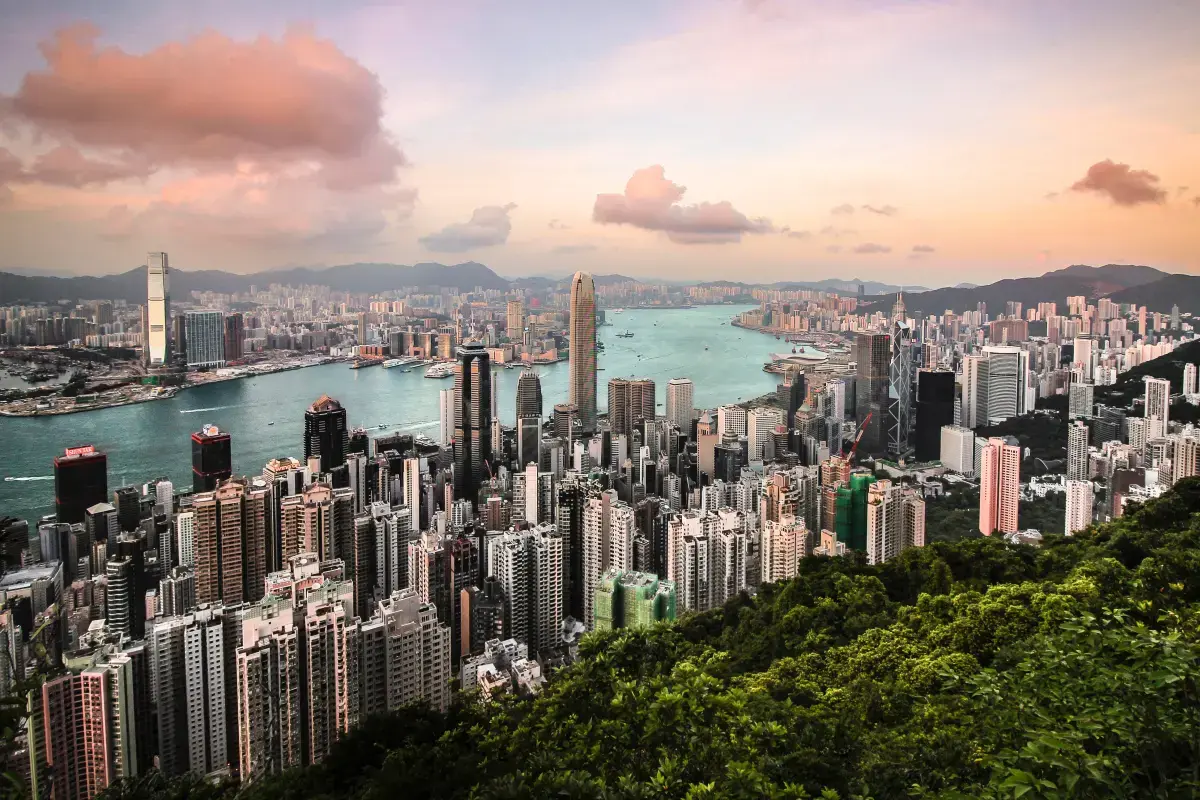
Jobs
Best Jobs in Hong Kong
The most popular jobs migrants moving to Hong Kong apply for tend to be professional roles, often requiring advanced degrees and qualifications. These jobs typically focus on the finance and banking, business, law, and technology sectors. 1. Finance and Banking – This field is always in high demand, especially in the financial hubs of Hong Kong. Investment bankers and asset managers typically earn large salaries due to the skill and experience involved in these roles. Other jobs in this field include financial analysts, accountants, and marketing professionals, all of which offer competitive salary packages. 2. Business – As Hong Kong is a major trading and business hub, there is an increasing need for skilled professionals. Jobs include marketing, sales, operation managers, and human resource directors. Salaries for these positions are often higher than other roles in the same field elsewhere, due to the high demand for these services. 3. Technology – Hong Kong’s ever-growing technological sector is rife with opportunities for skilled professionals. Software engineers and analysts, IT consultants, and mobile application developers are just some of the jobs on offer, all offering generous salaries. 4. Law – Hong Kong is an attractive destination for qualified lawyers seeking a better pay packet. Salaries for these positions range from low to high depending on experience, however an additional bonus is the chance to become involved in a wide range of fascinating commercial challenges. Overall, the salaries for the most popular jobs in Hong Kong vary depending on the role, but are generally much higher than in other countries. This makes it an attractive prospect for many job seekers.

Volunteers
Weather in Hong Kong
The climate in Hong Kong is classified as a subtropical climate, meaning it is warm to hot year round and experiences mild to warm winters with temperatures typically ranging from 12-18°C (53-64°F). Summers are hot and humid, with temperatures ranging from 25-32°C (77-89°F). Hong Kong experiences four distinct seasons. Spring typically lasts between March and May, with temperatures slowly rising and offering many excellent outdoor opportunities. Summer, which lasts between June and August, is hot and humid with frequent rainfall, though typhoon season is usually over by the end of August. Autumn is from September to November, and is mild and sunny. Winter offers cooler temperatures, ranging from 10-16 °C (50-61 °F), but can also bring cold fronts from the north and frequent rain. Average monthly precipitation ranges from 11mm in October to 178mm in August. Hong Kong is prone to typhoons from May to September. They can bring damaging high winds and flooding, and cause flight and train cancellations. Air pollution can also be a problem in the city, especially during summer months.

Promote
Tax & Welfare System in Hong Kong
The tax system in Hong Kong is based on a territorial system of taxation, which means that profits earned within Hong Kong’s borders are subject to taxation regardless of the nationality of companies or individuals who generate them. The system is straightforward and tax rates are low compared to some other countries in the world. As of 2021, there are seven tax rates ranged from 0% to 17% on profits from companies operating in the city. The social welfare system in Hong Kong is a comprehensive one, providing a safety net for the elderly, children and people with disabilities. The Social Security Allowance (SSA) is a means-tested benefit for adults who are unemployed or have retired, who need financial assistance to reduce the financial difficulty resulting from their low-income status. Other schemes include the Comprehensive Social Security Assistance (CSSA) for adults who are unable to work due to age, disability or illness, and the Old Age Living Allowance (OALA) for senior citizens aged 65 and over. In addition, the government also provides non-means tested medical and health care services, and other miscellaneous benefits, such as the school textbook allowance, to all those who are qualified.
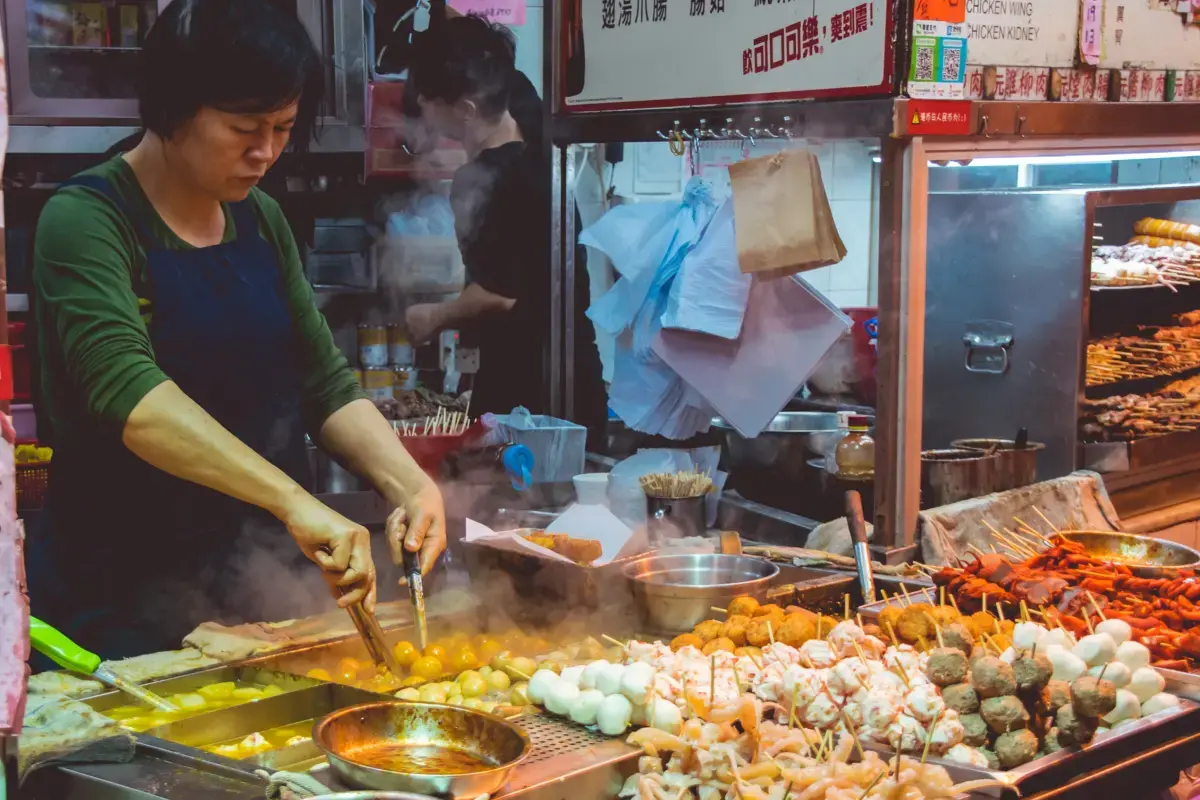
Holidays in Hong Kong
National holidays in Hong Kong are declared by the local government and administered by the Home Affairs Department. The following holidays are recognized throughout the year in Hong Kong: 1. New Years Day – January 1st 2. Lunar New Year – the first day of the first lunar month, typically in January or February 3. The birthday of the Buddha – eighth day of the fourth lunar month, typically in April or May 4. Ching Ming Festival – the third day of the third lunar month, typically in April 5. Tuen Ng Festival – the fifth day of the fifth lunar month, typically in June 6. Mid-Autumn Festival – the fifteenth day of the eighth lunar month, typically in September 7. National Day – October 1st 8. Chung Yeung Festival – the ninth day of the ninth lunar month, typically in October 9. Christmas Day – December 25th In addition to these holidays, the local government may declare additional holidays for special events or occasions. For example, in commemoration of the 20th anniversary of Hong Kongs return to China in 2017, two additional days were declared: July 1st, the date of the handover ceremony and July 2nd, the day of the inauguration of the first Chief Executive of the Special Administrative Region.
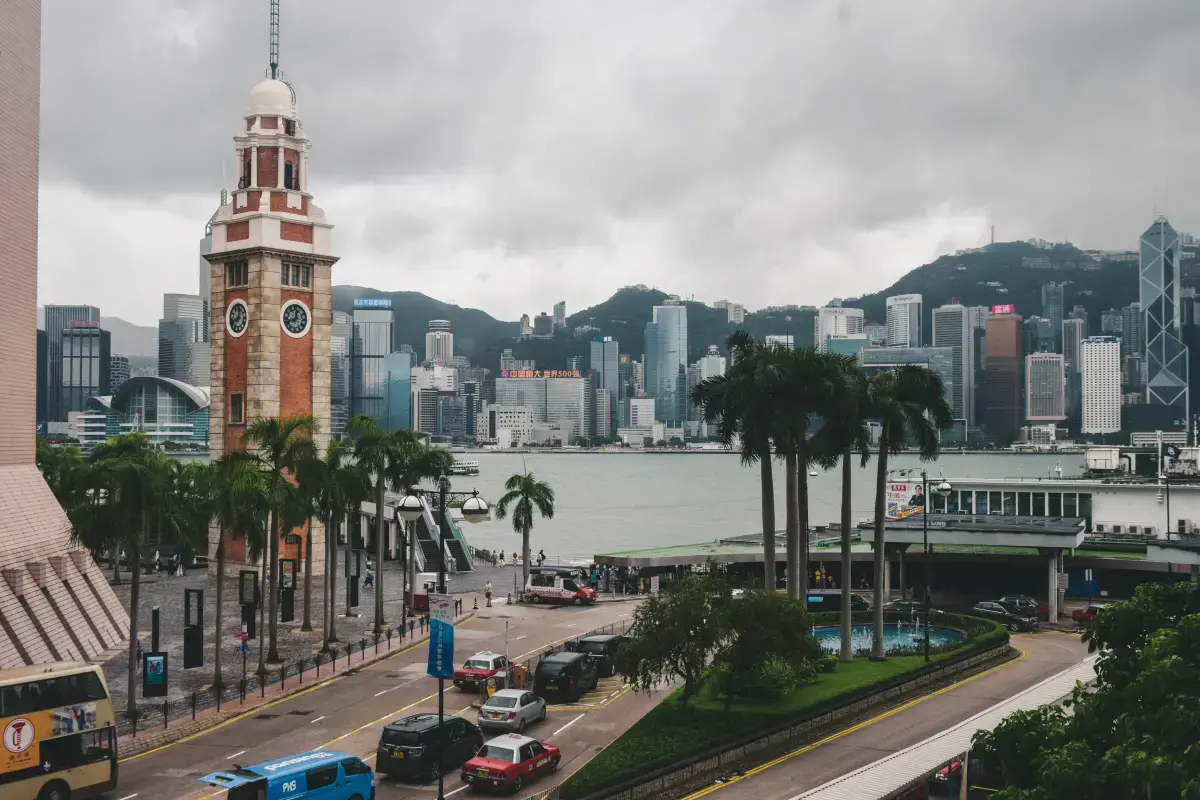
Where to Live in Hong Kong
The most densely populated areas of Hong Kong are located in the new urban territories of Kowloon and the northern part of the New Territories, including the cities of Mong Kok, Tsuen Wan, Kwun Tong and Shatin. These areas are mainly composed of residential and industrial areas, making them densely populated. The majority of jobs are found in the Central and Western districts of Hong Kong Island. These districts are home to many of the city’s financial institutions, multinational corporations, government offices and other places of employment. In addition, the eastern part of Hong Kong Island, particularly Causeway Bay and Wan Chai, also serve as a large employment hub for shopping centers, restaurants, cafes and other retail enterprises. In Hong Kong, construction and production related occupations can be found mainly in the New Territories and Kowloon. These areas are where much of the industrial infrastructure is located, so workers are needed to carry out these activities. Additionally, many Hong Kongers also take up jobs in the service and retail sectors in these areas due to the large concentrations of people living in them. Lastly, the expansive tourism and hospitality industry located across all major districts of Hong Kong also offer many employment opportunities.

Sports & Recreation in Hong Kong
Hong Kong is home to numerous popular sports and recreation activities. Among the most popular are badminton, basketball, cycling, dancing, horseback riding, golf, jogging, kitesurfing, sailing, soccer, squash, swimming, table tennis, and tennis. Badminton is one of the most popular and widely played sports in Hong Kong and is enjoyed across both genders and all age groups. Some of the most popular badminton tournaments held in Hong Kong include the Hong Kong Open, All China Womens Open, and the Hong Kong Masters. Basketball is also popular in Hong Kong and many people take part in organized games. There are numerous basketball courts available throughout the city and many of them host youth and amateur league games throughout the year. Cycling is an ideal way to navigate the city and many cycle races are held in the area. The Hong Kong Cyclothon is one of the most popular, with races held over several days and hundreds of participants. Dancing is a common recreational activity and range from traditional cultural dances to contemporary urban styles. Many of the major clubs in Hong Kong incorporate dancing into their events and there are also numerous dance schools and classes available for all skill levels. Horseback riding is popular in Hong Kong, with the Hong Kong Jockey Club hosting the annual Hong Kong Derby. The event is extremely popular, with thousands of riders participating from all over the world. Golf is also popular in Hong Kong and there are numerous courses available for players of all levels. Some of the courses even offer lessons for beginners. Jogging is another popular recreational activity in Hong Kong, with many parks and walking trails designed for joggers. Victoria Park is a favourite spot for joggers, with a 5 km route around the perimeter of the park. Kitesurfing is popular on the beaches of Hong Kong and there are several schools offering lessons and rental gear. Sai Kung Beach is one of the best spots for the sport. Sailing is also popular in Hong Kong, with a number of sailing clubs offering lessons and equipment rental. The largest sailing club in Hong Kong is the Hong Kong Sailing Federation which organizes races and social events throughout the year. Soccer is one of the most popular sports in Hong Kong with many people playing for both leisure and competition. The Hong Kong Football Association organizes the Premier League, a highly competitive result-based competition. Squash is an increasingly popular sport in Hong Kong. There are many squash courts throughout the city and several tournaments are held each year. Swimming is also popular in Hong Kong, with numerous pools available for use. There are also several professional and recreational swim teams, providing an opportunity for more serious swimmers to test their skills. Table tennis is another popular sport in Hong Kong and many people play for both leisure and competition. Hong Kong is represented in international tournaments and the city is home to many table tennis clubs. Tennis is also popular, with many courts available to book or rent. It is also very popular in the winter months when the city gets cooler and more people can enjoy outdoor courts.

Cost of Living & Housing in Hong Kong
Cost of living and housing in Hong Kong is among the highest in the world. The city has consistently ranked as one of the least affordable cities for housing when compared against median incomes. Due to its limited land supply, the cost of renting and buying property in Hong Kong is exorbitant. The cost of living varies from district to district, but is generally high in all areas. Rent and Mortgage Costs: The sky-high rents of Hong Kong have been widely reported. Generally in the city, apartments for rent can range anywhere from $2,500 a month for a decent one bedroom, up to $15,000+ a month for a luxury unit with multiple bedrooms. To buy an average sized flat, it costs around $7,000 to $10,500 per square foot. Utilities and Other Bills: Home electricity and gas are the two major utility expenses in Hong Kong, costing an average of around $65 to $110 a month. Bills for water and waste management can range anywhere from $20 to $50 a month depending on usage. Food, Shopping and Other Expenses: Food prices are relatively high in Hong Kong, with a meal for two at a mid-range restaurant costing around $60. Other costs for items such as clothing, electronics, transportation, education and entertainment can also be expensive. Overall, the cost of living and housing in Hong Kong is one of the highest in the world, and can be quite a financial burden if not budgeted for properly.

Finding a Job in Hong Kong from Overseas as a Foreigner?
Use our Job hunting & job seeking guide to help your job searching easier.

The Best Rated Top 20 Recruitment Agencies in Hong Kong
When searching for a Job from Overseas, reaching out to established Recruitment Agencies can help in your Job Search in Hong Kong

What are the Best job boards in Hong Kong
Jobseekers searching for jobs in Hong Kong find the below job portals in in Hong Kong as the best job websites for finding employment in in Hong Kong
Best International Removals Companies to/from Hong Kong
When the move to Hong Kong gets closer, finding local and international removals companies that suit your requirements are critical. Find a list of the best companies Near You.
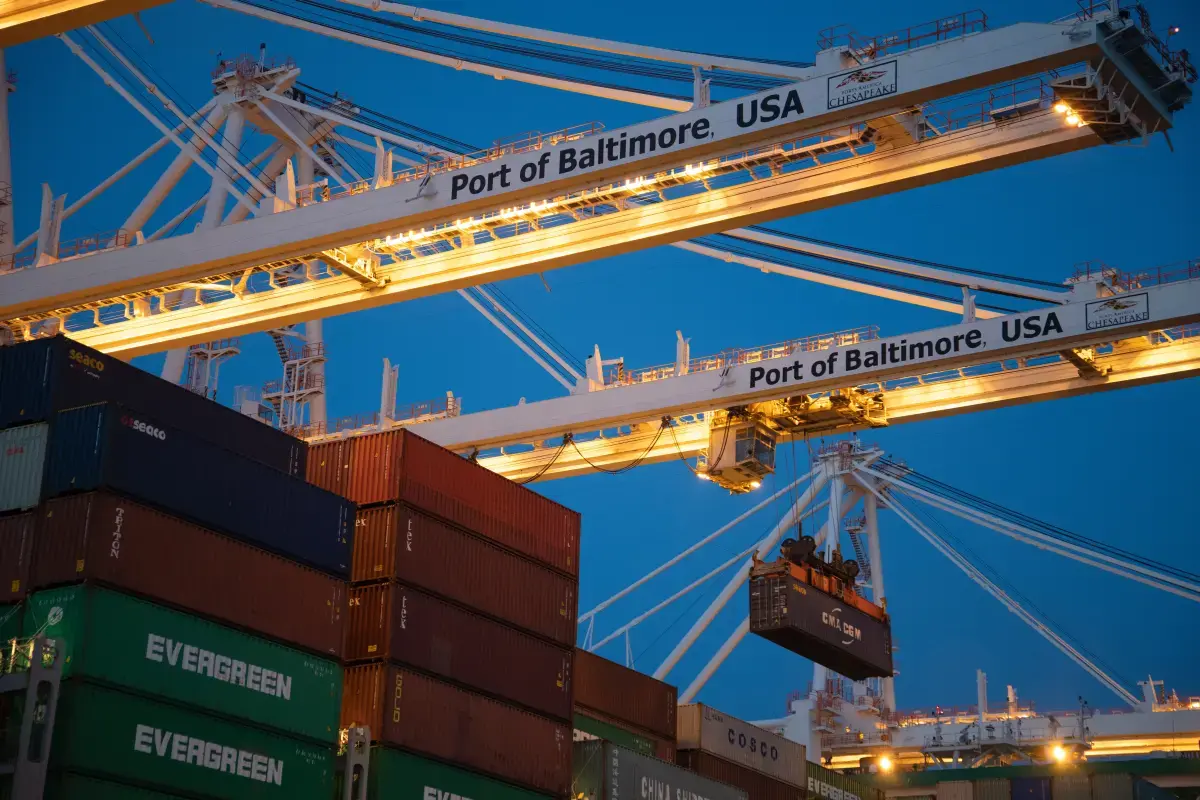
Expat info about living in
Don't just take our word for it.
Use the Best Forums in Hong Kong to obtain all the independent advise about moving, living & working in Hong Kong

Immigration Advice and Visa InformationHong Kong
Need assistance with obtaining the correct Visas and Work Permits in Hong Kong.
- Get expert advice to make the move to Hong Kong as easy as possible

Find Trusted Local Home Services
When you arrive, understanding the Best Local Services to help with your odd jobs and tasks around the home is essential.

Best Areas to Live in Hong Kong
Popular towns, cities and regions that are proving popular with migrants moving to Hong Kong
Study and Higher Education in Hong Kong
Search our list of all universities in Hong Kong to help your reach your educational goals.
- Find the Best University in Hong Kong that suits your needs
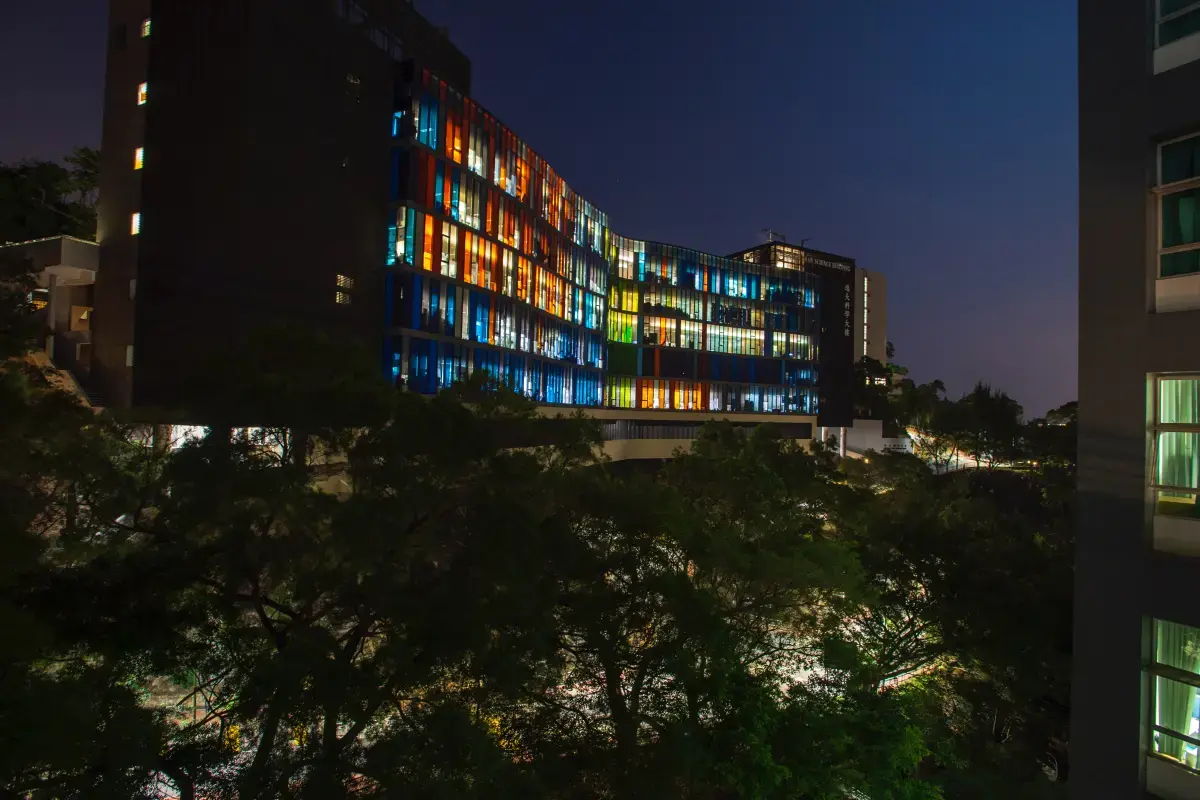
Featured Locations
Frequently Asked Questions
- Construction
- Business Analysis
- Web & App Development
- Animation
- Nursing
- Teaching
- Engineering
- Marketing
- Plumbing
- Carpentry
- Software Engineer
- Data Analyst
- Hospitality Staff
- Builders
- Full-time
- Part-time
- Permanent
- Freelance
- Gig Jobs
- Contract
- Weekend work
- Out of Hours
- Night shift
- Casual
- Temporary
- Remote
- Work From Home
- Work From Anywhere
- Telecommuting
- Flexible
See here for more Help & Support questions


